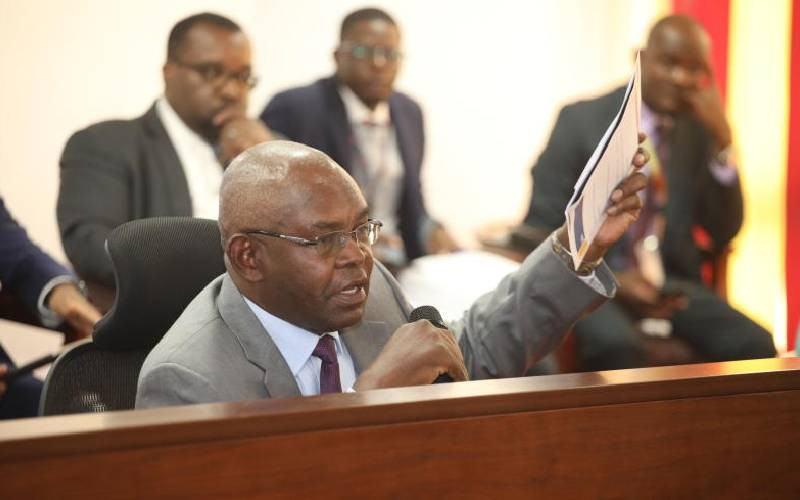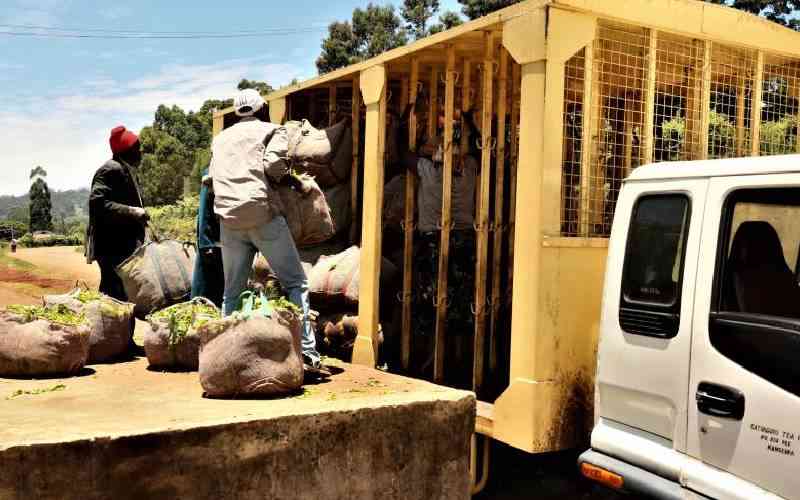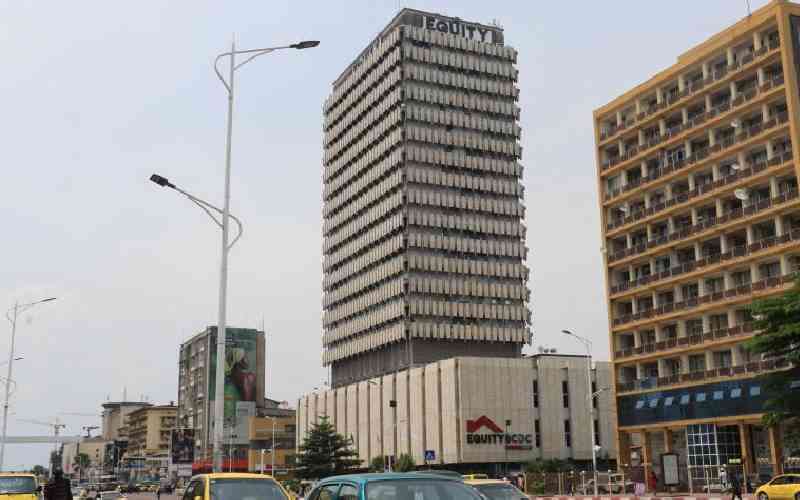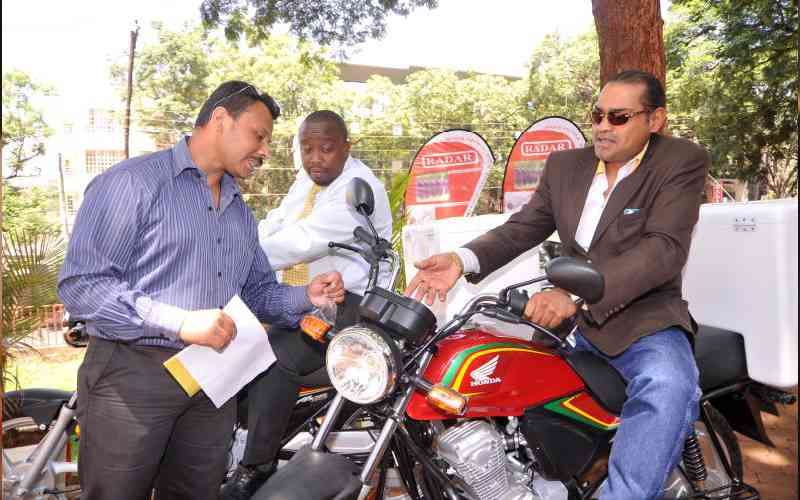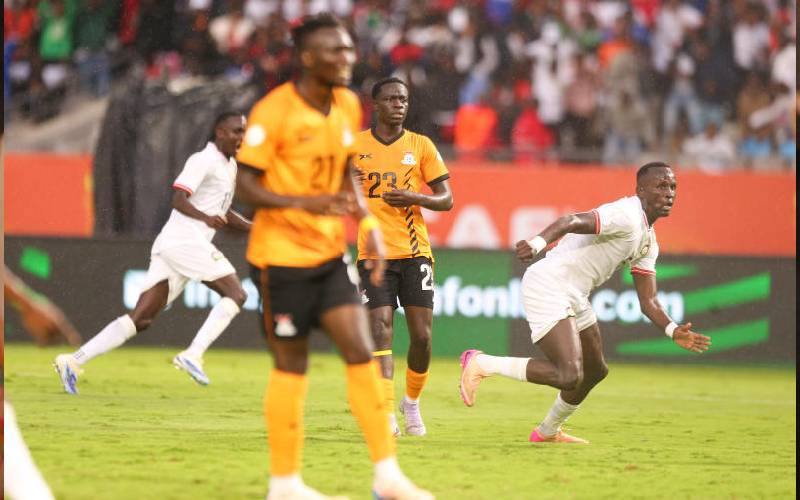
The Harambee Stars’ debut at CHAN was, without a doubt, a resounding success that filled the country with pride. As President William Ruto put it, no one gave them a chance, yet they battled like giants in a group of death that included powerhouses like DRC Congo and Morocco.
They fought for every ball and defended with a passion that united a nation, allowing us to momentarily forget our daily struggles and celebrate their talent. For this, they deserve every accolade and every coin awarded to them. However, the reward system itself, a part of their story and performance, must be subjected to scrutiny. This is not to diminish their achievements but to ensure democratic institutions are robust enough to outlast individuals. The government, through the Sports Cabinet Secretary, announced a new, structured reward policy for athletes excelling in the Olympic and Commonwealth Games. This policy outlines clear and substantial rewards for medalists.
This is an excellent, transparent step. But it raises a critical question: why does a similar, published policy not exist for our national football team and other national teams? A reward system for patriotic endeavours should be a matter of clear, approved policy with established budget lines, not a discretionary gesture.
This issue becomes more pronounced when we consider the source of the funds. Sports PS stated that of the Sh600 million reward, only Sh70 million was budgeted for by the Ministry, with the remaining Sh530 million to be “topped up” by the President. This is where questions must arise. Was this top-up from his personal funds, or a State House budget?
In a democracy, every coin is from the Kenyans who pay taxes, and it is they, through Parliament, who determine how it is to be spent. Any expenditure of public funds must be transparent, accountable, and governed by a clear, approved budgetary process. Without such a policy, a reward can be perceived as working by command or decree, a practice more suited to dictatorial regimes.
Beyond the monetary reward, the President’s promise of two-bedroom houses in the Affordable Housing project is a critical point of concern. While the Harambee Stars deserve a home just like every other Kenyan, the programme is governed by a specific law, the Affordable Housing Act 2024, which has a clear eligibility and allocation structure.
Does the President have the legal discretion to bypass this law and reward anyone he deems fit with a house? Is there a legal quota of houses set aside for a government reward system? A promise of this nature, however well-intentioned, could set a dangerous precedent. The momentary excitement of victory may tempt some not to ask these questions, but a right-thinking Kenyan must. The players deserve to know they are being rewarded by Kenyans through a formal, legal system, not at the discretion of an individual.
Our democracy must build systems bigger than those who lead them. Hongera to our Harambee Stars, and may their success inspire not only future generations of athletes but also the strengthening of our democratic institutions.

